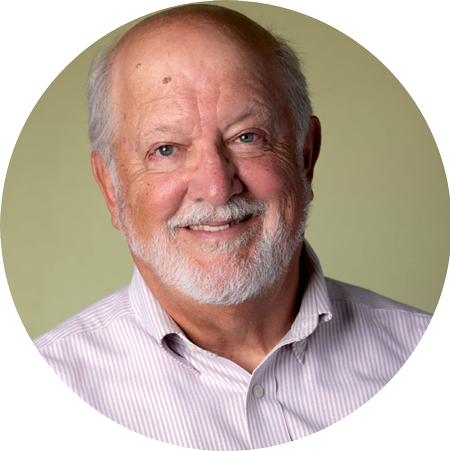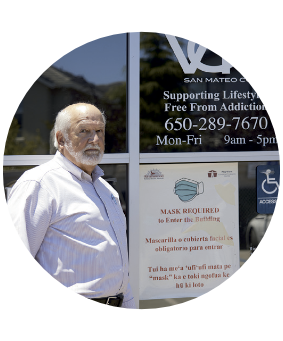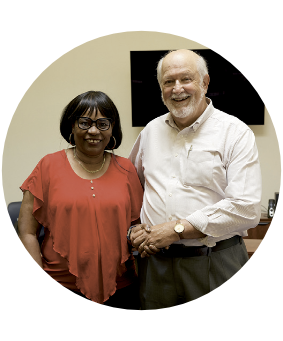
Smoking prevalence is extremely high among people in recovery or seeking treatment for dependency on alcohol or other drugs, with US studies suggesting anywhere from 49% to 98% smoke. Yet, as John de Miranda revealed in his first Scholarship, treatment programmes often look the other way on smoking, despite its high health risk. John teaches alcohol and drug counsellors in his role at the University of California, San Diego. He saw an opportunity to change things, and developed the Smoking and Recovery Toolkit during his Enhanced Scholarship. It aims to give individuals and service providers the resources they need to address smoking rates using a tobacco harm reduction approach.
“The high smoking rates in these treatment programmes really is a life and death issue, and continued failure to deal with this problem means we’re killing off our community at an earlier age unnecessarily. I’ve been part of the drug and alcohol field for more than 30 years and my work has been my life. But my new passion for tobacco harm reduction, during the last three years, has given me the chance to challenge a treatment community that has become stodgy and set in its ways. The Smoking and Recovery Toolkit is the last contribution I can make in my career to try to improve things, because the people in these programmes who continue to smoke are not dying from the ramifications of their drug addiction, they’re dying from lung disease. Trying to combat this tragic situation is what motivates me now and will continue to motivate me in the future.”
Since he started his first Scholarship, John has written extensively on the subject of tobacco harm reduction and has had a number of opinion pieces published by Alcoholism and Drug Abuse Weekly. The same title wrote an article about his toolkit and two of his stories have appeared in Addiction Professional HMP Global Network. He has also featured twice on the Beyond Risk and Back podcast, as well as presenting at the West Coast Symposium on Addiction, the Association of Recovery Community Organizations annual meeting 2020, the Cape Cod Symposium on Addiction and the California Substance Abuse Conference.

